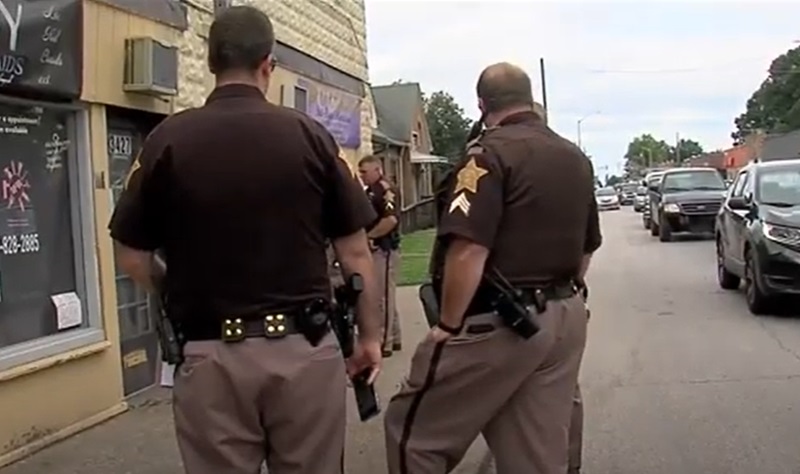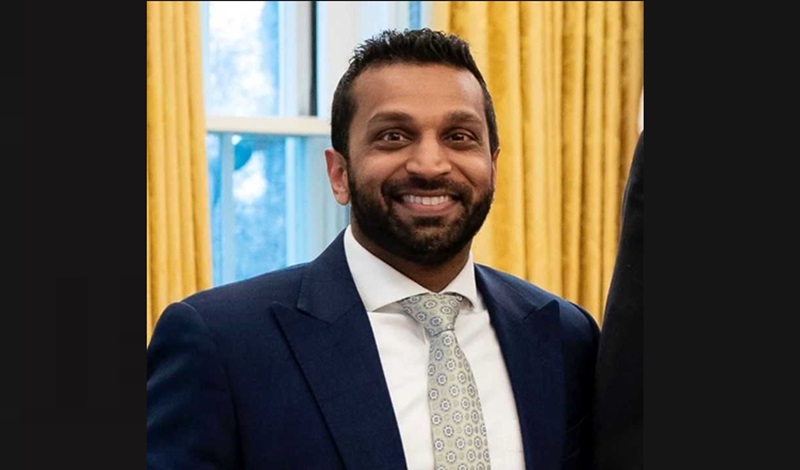
Many of our legal traditions and public officials have roots in our British history (they used to own us, if you recall). From about the 12th century, two high offices of the crown as the royal government was called, were the Sheriff and the Coroner. The Coroner (derived from the word crown) was charged with determining the manner of death and summoning juries for inquests, but, most importantly ensuring that the proper taxes were paid.
The Sheriff, too, was involved in enforcing tax collections as well as keeping the peace by ensuring that offenders were prosecuted by the crown which, of course, generated royal revenue. Derived from the words denoting an official over a group of subjects called a reeve, the shire of the reeve became the Sheriff.
Lacking urban law enforcement in the American colonies and continuing after the Revolution, other than volunteer or paid watchmen, the American Sheriff was an elected or appointed official who mainly operated as a court official. He – there were no women serving as Sheriff in the U.S. until 1920 – delivered court orders, assisted in collecting taxes and serving evictions, maintained whatever county jail facilities there might be, and brought offenders before the court.
The fact that Sheriffs are elected (usually) and serve as the chief law enforcement agent in the county (some prosecuting attorneys would claim that label) creates a unique center of power and influence in the office. The advantages of such a position, and why this arrangement should remain a part of America’s fabric, are electoral accountability combined with stability. As current urban police chiefs are fired or shifting jobs with an average tenure of between two and three years, the ability of those police agencies to undergo change is limited.
As keeper of our county jails, the Sheriff can have a profound impact on the administration of justice. The uniqueness of jails compared to prisons is that while some inmates are serving sentences as a result of being found guilty, those incarcerated awaiting trial are legally assumed to be innocent.
Corrections law is a specialty that requires diligent attention from Sheriffs. While operating a safe and secure facility is the primary objective, the incarcerated population still has Constitutional rights under the First, Fourth, Fifth, and Sixth Amendments. The Eighth Amendment addressing cruel and unusual punishment applies only to convicted persons, so that subcategory of prisoner has another avenue to sue in federal court on a civil rights violation claim.
Do inmates have a right to publish a jailhouse newsletter? To be fed food that does not violate their religious beliefs? To be free from cell searches? To appeal from a jail disciplinary measure? To have unfettered access to their attorney? Let’s just say that it’s complicated.
While we see Sheriffs and their deputies primarily as law enforcement officers in marked patrol cars handling calls, these duties are in addition to being officers of the court, unlike most municipal police. A primary difference is that while municipal police officers won’t touch civil matters (private disputes between persons or businesses) with a ten-foot pole, the Sheriff acting as an agent of the court delivers demands and court orders, collection papers, subpoenas, rounds up missing jurors, enforces evictions, delivers orders of protection, provides court security, and seizes property.
Sheriff’s officers are at risk like any other police personnel, but one could argue that their presence in courtrooms during volatile cases like divorce, child custody, and property disputes adds potential for intervention in violence. Delivering orders on family matters and evictions can also ignite a violent reaction in cases of literally shooting the messenger.
While the officer of Sheriff can be politically charged, the Sheriff is accountable to the voters when the next election rolls around, and not to some other external pressure to dance to somebody else’s tune. At the same time, as illustrated by the two Sheriffs who spoke at the Democrat convention bizarrely supporting Presidential Candidate Harris’ border policies, Sheriffs (but God forbid their deputies!) can have unfettered advocacy on political matters, for better or worse. In either case, the independence of the office of Sheriff is a valuable asset to American law enforcement.
Make a difference. Support the NPA.






